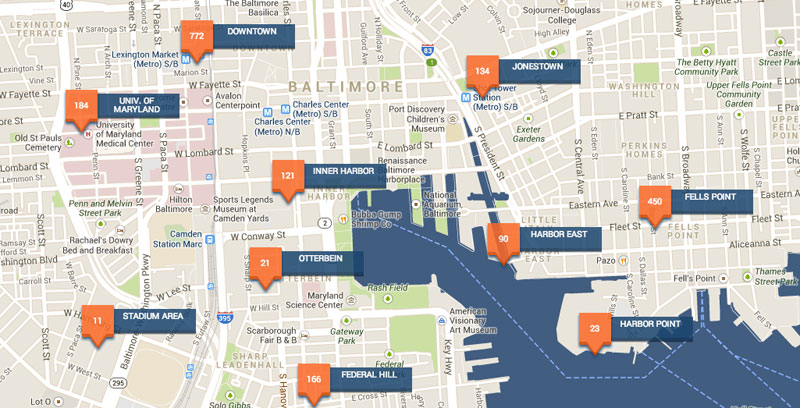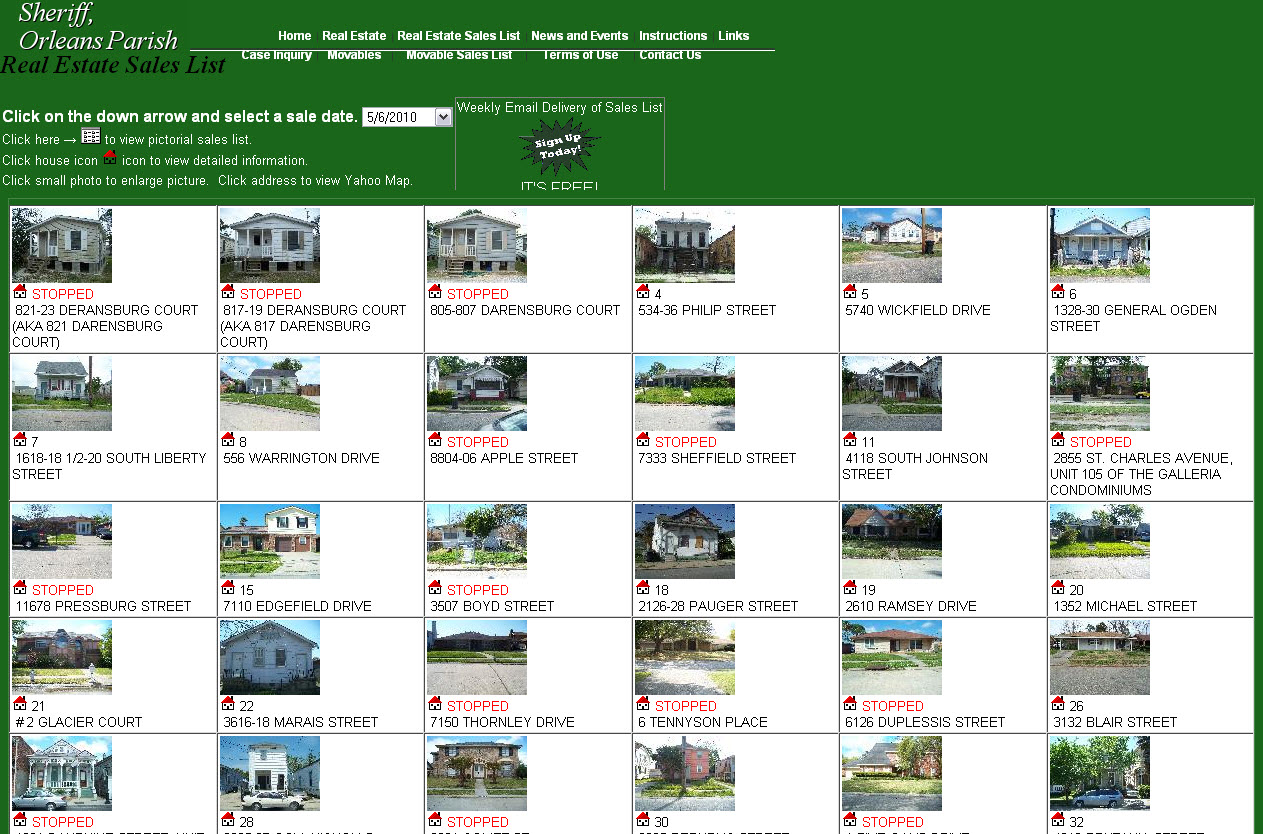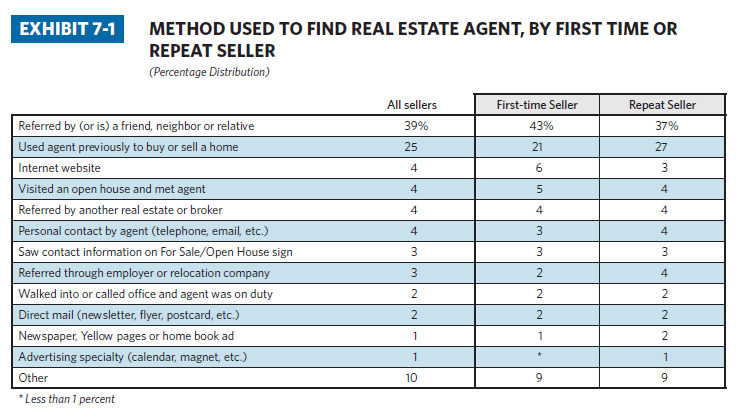So we all know that real estate listing websites are extremely popular with consumers. Millions of visitors scour their attractive listings each day in search of available homes. But are those buyers and sellers searching for a real estate agent online? If so, how are they doing it?
Answers to these 2 questions can help you connect with more prospects. In this article, we’ll provide the answers, and examine some of the misconceptions about real estate listing websites.
First, let’s look more in-depth at consumer engagement on these types of platforms.
How Do Real Estate Listing Websites Work?

Searching for a home on a real estate listing website is easy to do…
It seems natural to assume that a listing website would be the first place to search for a home.
So why not an agent?
Many first-time agents labor under the mistaken belief that prospective buyers and sellers will seek them online.
NOT SO!
Real estate listing websites like Zillow and Trulia charge agents a premium for adding their listings and a profile to the site. Others, like Zoocasa, allow agents to post their listing and sell buyer leads. The hope for every agent is that your listings will get more exposure, leading to more inquiries.
Consumers can search listings by several different verticals: zip code, address, city, etc. Some sites offer virtual 3-D tours of available properties, while others include high-res images and slides to facilitate the buyer’s browsing experience.
In many cases, potential buyers and sellers are not required to register an account to access the listings. Highly competitive farms will list the local competing agents, ranked according to the quality of their profile. Agents with testimonials, star ratings and reviews receive higher visibility in the search results.
Agents can boost their visibility on these sites by paying for impressions or bidding on leads in their geographic farm. A highly competitive farm will experience fluctuating pricing for CPC and CPI, while farms with a low neighborhood turnover rate are less expensive.
Do Buyers And Sellers Shop For An Agent Online?
While there’s plenty of evidence to indicate prospects are hunting for their homes online, the research proves the opposite is true for finding an agent. According to a report by NAR(National Association of Realtors®):
“While many buyers find the home they purchase online, very few find the agent they end up working with online.”
As the research suggests, the search for a real estate agent is NOT the same as a search for a home. This is why so many agents are disappointed in their low lead conversion from real estate listing websites that charge a premium for agents to appear.
Is Joining A Real Estate Listing Website A Bad Idea?
Listing portals cater to the needs of buyers and sellers who are looking for their dream home. They don’t actually help agents build rapport with prospective clients.
You may have visibility on Zillow or Trulia, but you don’t have a relationship. And without a rapport, your chances of winning clients from a real estate listing website are extremely low.
That’s not to say that real estate listing websites are a bad idea for agents. They’re just not a very good lead generation tool for new agents in their first year of business.
Case Study: Real Estate Listing Websites Yield Low ROI

Orleans Parish Sherriff Website – Real Estate Listings
A 2017 case study by neighborhood search portal, Parkbench.com highlights the poor return on investment many agents experience with listings portals like Zillow:
“While Zillow.com did provide them with more leads, the CPM yielded a lower ROI than they had anticipated. As new agents, their Zillow profile lacked the star-ratings and testimonials/reviews showcased by more seasoned agents in Avon.”
The case study further summarized their results on Zillow as follows:
Zillow Premier Agent Results:
- Avg monthly spend on Zillow: $300
- Avg annual spend: $3600
- Avg monthly impressions: 5000
- Avg monthly leads: 30
- Avg Conversion: Approximately 1 out of every 30 leads provided by Zillow.com proved reliable.
- Total Zillow sales after 1 yr: 7
If you’re a new agent, it will take a significant investment of time and money to convert these leads into clients.
How Do Buyers and Sellers Search For An Agent?
Ok, so now to the good stuff.
If potential buyers and sellers aren’t searching for an agent online, how are they doing it exactly?
Again, findings from NAR’s report on methods used to find an agent clearly show that more than half of all prospects turn to peers and family for a referral:
“According to data found in NAR’s annual Profile of Home Buyers and Sellers, home buyers and sellers consistently report they truly rely on referrals from friends and family to find an agent or they use an agent they had worked with before” (NAR)

NAR Report: Method Used To Find An Agent 2016 (%)
Summary
A real estate listing website will not provide you with referral business, which is your best source of listings. While you will certainly get leads, converting them will be a challenge.
If you’re considering a subscription, be prepared to invest time and money cultivating the leads you attract. Have a solid plan for qualifying each lead, then set up your CRM to capture and track the most promising ones.
Instead of paying for leads or impressions, use your own content to establish a reputation as THE local realty expert, and a problem solver. Creating great content for your geographic farm is a much better form of lead generation. And a lot less costly than real estate listing sites.
Do you have any experience with real estate listing websites? We’d love to hear about it in the comments below! Please be respectful.






